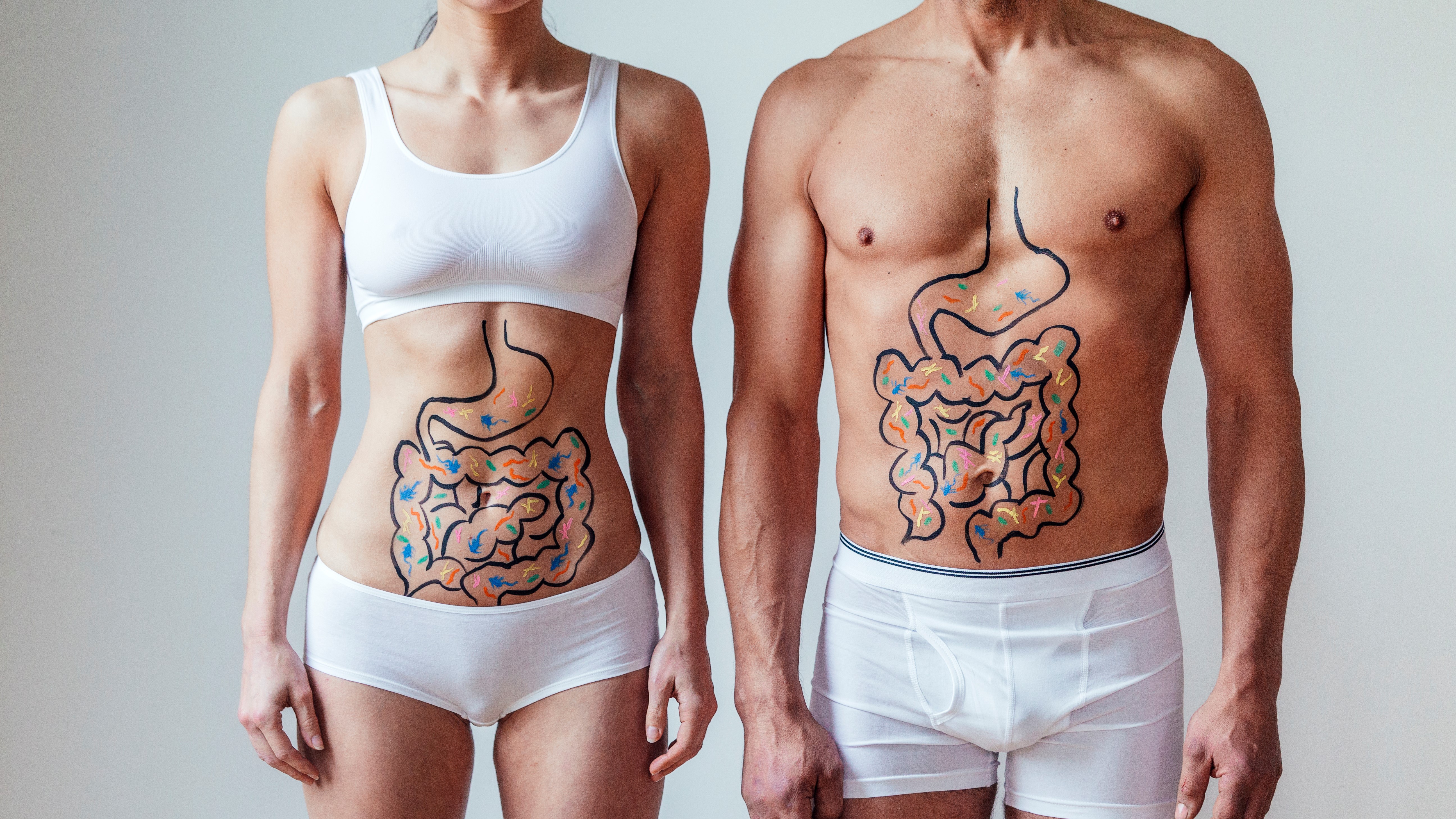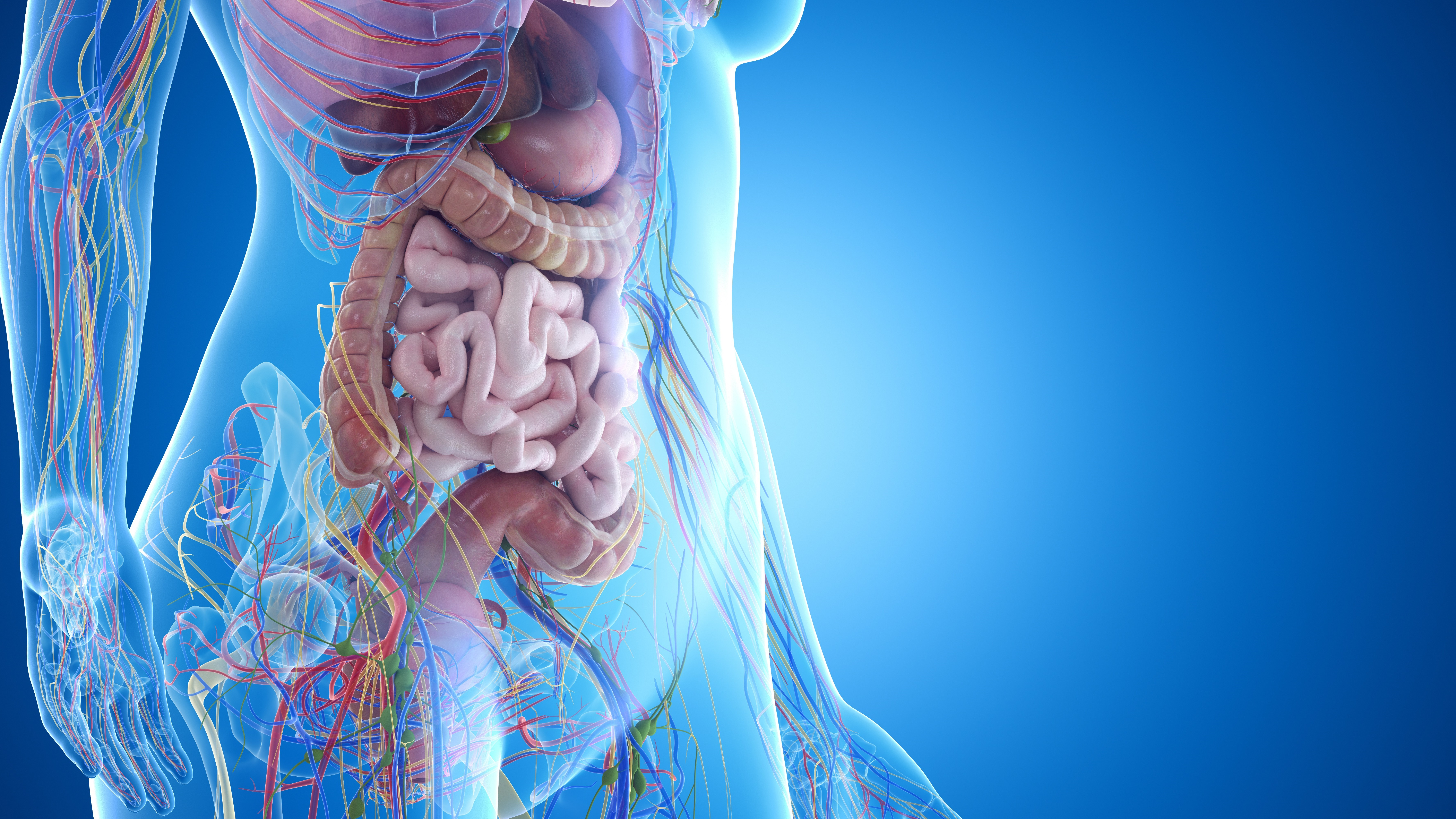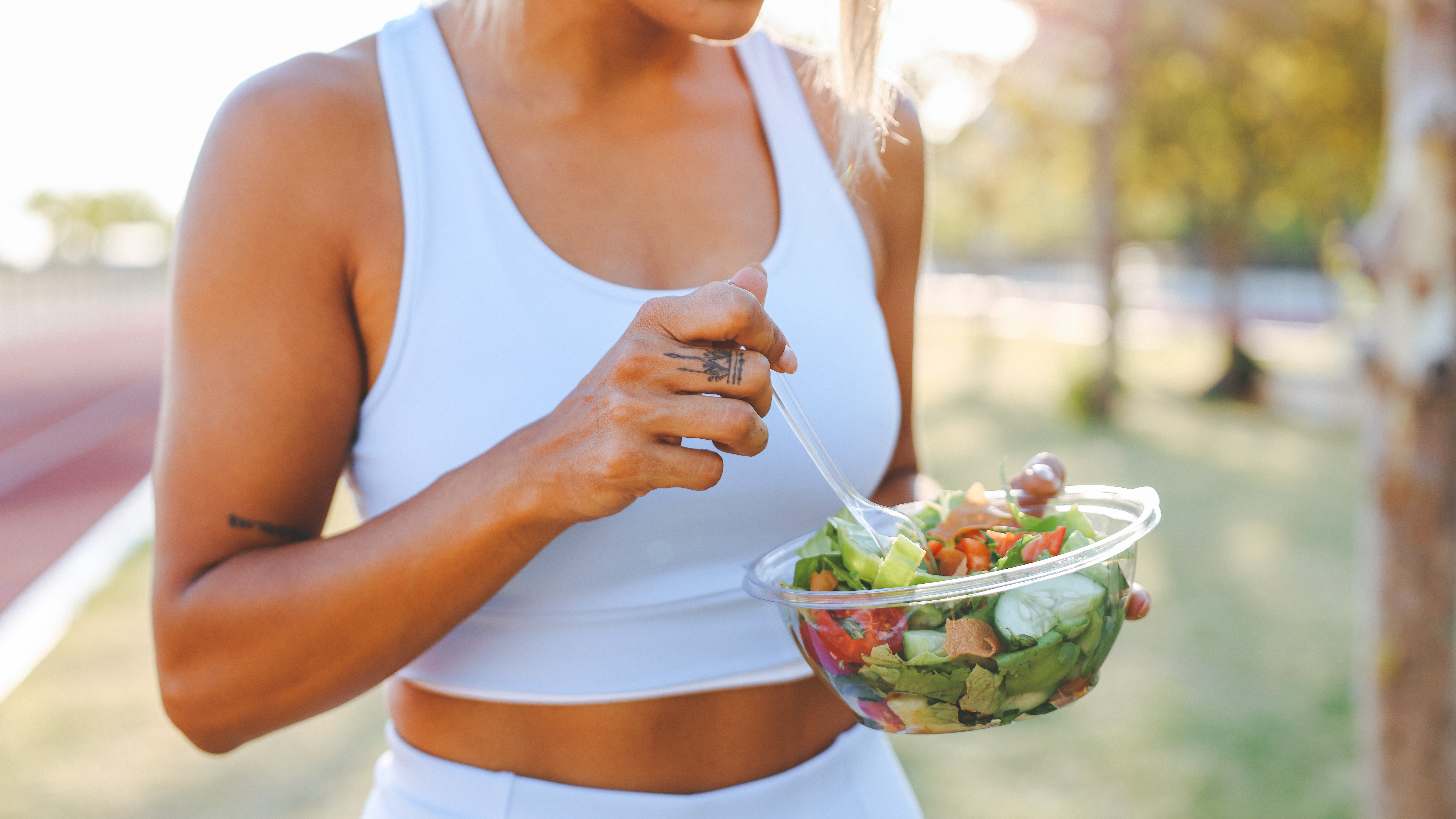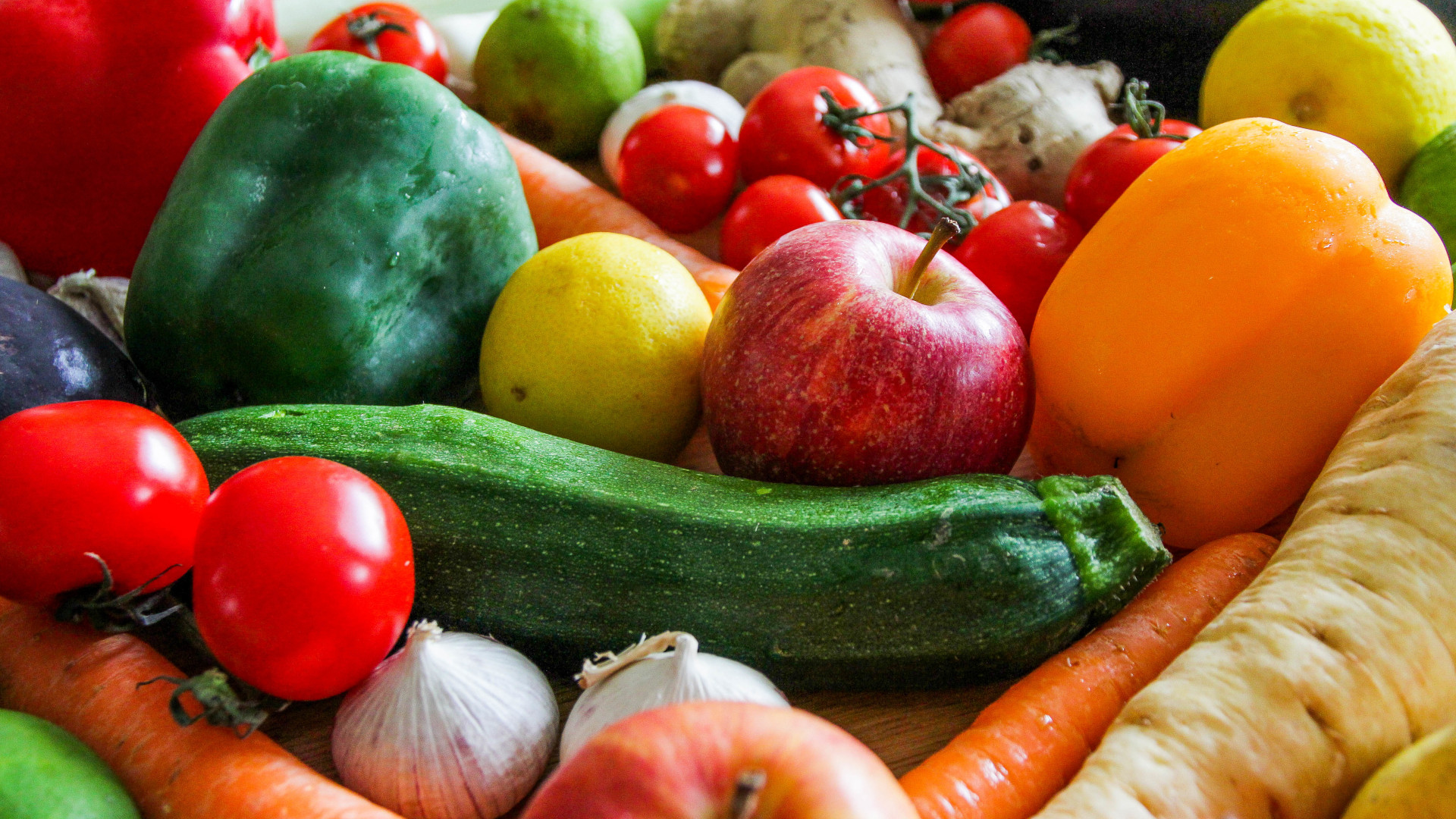The key to being a better athlete may lie in your gut
A pioneering researcher explains the science behind the microbiome and motivation, plus how to eat for performance

Is there a perfect diet for athletes? Is it keto, plant-based, high carb or low carb? Is there a science to eating in a manner that can improve your performance without sacrificing other health markers such as cardiovascular or mental health? These are questions that have plagued athletes and researchers for decades, and science might finally be closing in on an answer. A 2020 review article published in the Journal of the International Society of Sports Nutrition titled The Athletic Gut is one of many positing the idea that the connection between your diet and your performance largely comes down to the health of your microbiome.
Inside your body lives a vast society consisting of trillions of microorganisms, collectively known as your microbiome. These microorganisms include bacteria, viruses, fungi and even parasites. Most of these bacteria live in your gut, and according to The Harvard School of Public Health, the functions of your microbiome include stimulating your immune system, breaking down potentially toxic food compounds and synthesizing certain vitamins and amino acids, which can which can only be done via enzymes that only exist in certain bacteria.
The microbiome is so important that it is considered by some to be a secondary organ. So, a healthy microbiome seems to make for a healthier person, and reason stands that a healthier person might make for a better athlete – but is that all it comes down to, or is there more to the equation?

"Just the anticipation of running is the dopamine reward system"
“Microbiome affects everything, really. It definitely affects athletic performance. There's no question about that,” says Dr Keith Wallace, a pioneering researcher on the physiology of consciousness who has written two books on the subject of gut health and the microbiome, Gut Crisis and The Rest and Repair Diet. He tells us that there is a two-way communication system between the microorganisms in your gut and your Central Nervous System called the gut-brain axis, which explains how gut health can impact your brain and vice versa.
The full potential of the microbiome is yet to be totally understood, but the key to understanding how it might affect athletic performance, according to Wallace and many others in the field of gut health, may lie in the secretion of dopamine. Sometimes referred to as a “feel-good hormone,” dopamine is a neurotransmitter produced in your brain that is often called your “reward center.”
When you go for a run and experience a runner’s high during or afterwards, that’s a dopamine hit. Same goes for the rush you might feel when you take a bite of your favorite chocolate, click “buy now” on that new pair of trail running shoes you’ve been eyeing up, or have a glass of wine or sneaky cigarette. Basically, whatever brings you that rush of pleasure, be it a healthy habit or a crippling dependence, increases dopamine. But dopamine is also responsible for functions like movement and motivation – crucial, you might agree, for performance.
“Runners wouldn't run or marathon people wouldn't do all that work unless they got some reward from it,” says Wallace, adding, “When you acquire a habit, like running, just the anticipation of running is the dopamine reward system, which is the biggest reward system in the body. It's our motivation for everything. So, ultimately, dopamine is driving us to do everything and it's just the anticipation of some reward, it's not even the pleasure itself.”
All the latest inspiration, tips and guides to help you plan your next Advnture!

"Your microbiome will also affect your motivation"
A 2022 review article published in the journal Biomedicines highlights the bidirectional relationship between the bacteria in your gut and the dopamine system; essentially, it explains that a healthy microbiome promotes the synthesis of dopamine, while imbalanced gut health, known as gut dysbiosis, inhibits dopamine production. If your gut is healthy – and we’ll get to what that means in a moment – then your brain will release dopamine, and as a result, you’ll experience more motivation to hit the trail, the climbing wall or the gym. It’s simple, but also thrillingly complex.
“It's a two-way street. First, you do exercise, it'll affect your microbiome. Just the actual act of exercising itself changes the composition of the microbiome which supports a higher performance,” says Wallace, who refers to a 2021 article in Sports Science titled Winning Gut, which explains that while researchers still haven’t identified specific microbes that are associated with exercise, they did find that fitter people tend to have higher levels of a short-chain fatty acid called butyrate in their feces. Butyrate can only be produced by gut bacteria, and is thought to act as an energy source in the muscles.
“But your microbiome will also affect your motivation, and therefore how well you perform,” Wallace goes on. “Because if you're not motivated, you're not going to perform very well. So it’s a bidirectional kind of thing and it’s all influenced by what you eat.”

“The simplest thing to change is eating a healthier diet"
And here we get to the crux of the matter. Some of the microorganisms in your gut are helpful, some are harmful. Thousands of species of microorganisms have been identified so far, and in a healthy person, these species coexist peacefully. In many ways, your microbiome is a perfect UN model for what a peaceful global society looks like. The primary influencer of your gut health, unsurprisingly, seems to lie in what you eat. In fact, a single meal can profoundly change the makeup of your microbiome, according to Wallace.
“Eat a vegetarian diet one day, and eat a meat-eating diet the next day, and it changes the microbiome. “
So what can you eat to improve your gut health in such a way as to promote dopamine production and improve your motivation? This is where research is still underway to identify which microorganisms you want to encourage to flourish through your diet, but Wallace says the research shows that there are certain types of food that have been identified to improve gut health through your diet.
“The simplest thing to change is eating a healthier diet, which basically means eating more fruits and vegetables and more fiber.”
How this works doesn’t just come down to the fact that those fruits and veggies have more minerals and vitamins, which means that you can’t just replace them with supplements. It’s actually the indigestibility of vegetables that allows the gut bacteria to flourish. Say you eat a nice, tasty salad after running a 10k. Did you know that most of that lettuce and cucumber doesn’t actually get digested, because cellulose is hard for your body to break down? Instead, it goes to the microbiome, and those microorganisms love it, because they have the enzymes to break down all those indigestible products from fruits and vegetables. So, Wallace explains, if you eat a Mediterranean diet or plant-based diet high in these types of foods, it feeds different populations within the microbiome, which are all competing with each other, and it turns out that this competition is a good thing.
“Eating a healthy diet will produce a more diverse microbiome, and a more diverse microbiome equals a healthier person. It’s hard to pin down which bacteria are the best, and which aren’t the best, but it will happen.”

For now, the answer seems to be to add more fruits, vegetables and fiber to your diet, and the theory is that your microbiome will become more diverse, and signal to your brain to produce dopamine. Dopamine will motivate you to train more, and that in turn will improve your gut health. Add to that healthy sleep habits and even stress-reduction measures such as meditation, all of which Wallace explains change the microbiome, and it creates a gut that will support better health and better performance.
“The simplest recommendation is healthy habits. Better sleep, better diet.”
Julia Clarke is a staff writer for Advnture.com and the author of the book Restorative Yoga for Beginners. She loves to explore mountains on foot, bike, skis and belay and then recover on the the yoga mat. Julia graduated with a degree in journalism in 2004 and spent eight years working as a radio presenter in Kansas City, Vermont, Boston and New York City before discovering the joys of the Rocky Mountains. She then detoured west to Colorado and enjoyed 11 years teaching yoga in Vail before returning to her hometown of Glasgow, Scotland in 2020 to focus on family and writing.

